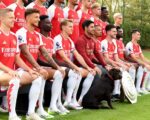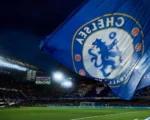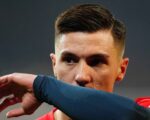To celebrate SLAM’s 30th anniversary, we’re spotlighting the 30 most influential men’s college teams from our past 30 years. Stats, records and chips aren’t the main factor here, it’s all about their contribution to the game’s cultural fabric.
For the next 30 days—Monday through Friday— we’ll be unveiling the full list here. We’ve also got an exclusive retro collegiate collection, out now, that pays homage to each squad’s threads. Shop here.
It’s no secret that Kentucky is one of the most prestigious college basketball programs of all time and has one of the most demanding fan bases we’ve seen. Kentucky isn’t satisfied with SEC championships and NCAA Tournament berths; at Kentucky, the standard is national title contention. Final Four and National Championship banners are the only ones hanging in the rafters at Rupp Arena. So, after another unsuccessful season, which ended with a loss in the NIT, they were ready to go through hell or high water to get back on track. Kentucky needed a change, and they needed one fast.
The first domino that needed to fall was finding a head coach who not only understood the expectations but wasn’t intimidated by the daily pressures of coaching at Kentucky. There was only one man to do the job; ahead of the ‘09-’10 season, Kentucky brought in a fiery John Calipari–a move that changed not only the trajectory of Kentucky’s basketball program but college basketball in general.
Coach Cal didn’t come alone; he brought in the country’s top recruiting class–one of the best recruiting classes ever–highlighted by John Wall and Demarcus Cousins. Kentucky’s roster was loaded with talent that made these Wildcats a must-watch for any basketball fan (unless you’re a Louisville fan or a fellow SEC foe). Having talent is one thing, but getting a bunch of five and four-star recruits to play as a unit is the real challenge for any coach. But the 2010 Wildcats were on one accord. Cal implemented the dribble-drive offense, which only works when you have multiple guys who can beat their man off the bounce. Wall and Eric Bledsoe had no issues doing so. Add elite bigs like Cousins and Patrick Patterson to the fold, and there you have it: one of the most exciting college teams you could imagine.
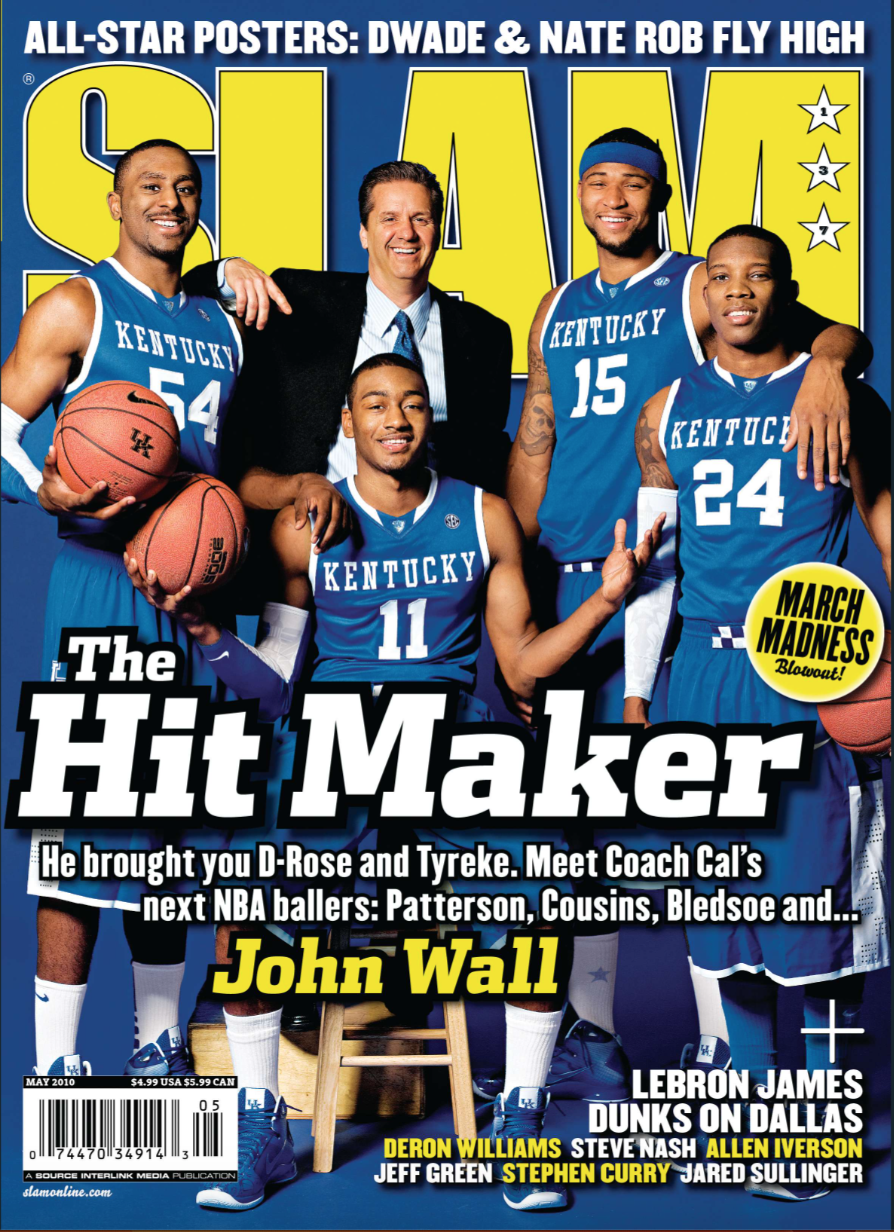
Whenever the 2010 Wildcats hit the court in their fresh white and Kentucky-blue threads, two-tone Nike shooting sleeves and Nike elite socks, they had the country’s attention. If Kentucky had a game, you’d schedule your day around it.
For a squad led by a freshman core, Kentucky was mature beyond their years. Nothing rattled them; no moment was too big. They steamrolled through the always-tough SEC, sweeping both the regular season and tournament championships, along with a bunch of individual accolades.
Wall was SEC Player of the Year. Cousins was SEC Freshman of the Year. Cousins, Patterson and Wall were first-team All-SEC. Coach Cal was SEC Coach of the Year.
Kentucky hadn’t had a season like this in years; the job wasn’t finished, though. From the coaching staff to the last man on the bench to the team managers, everybody who was a part of that program embraced the task at hand–raising National Championship banner number eight.
“The ultimate goal was to win a national championship, that’s all we wanted to do,” said John Wall in a 2016 interview, recapping the 2010 season. “So what we did all season didn’t mean anything.”
Kentucky earned a No. 1 seed in the NCAA Tournament. They obliterated East Tennessee State, Wake Forest and Cornell, respectively, on their way to an Elite Eight berth where they’d face No. 2-seed West Virginia. By every metric, and most notably the eye test, Kentucky was the better team. West Virginia is always a tough out, but it never crossed Kentucky’s mind that they would lose that game. Unfortunately for the Wildcats, they picked the wrong day to have an off-night. They couldn’t buy a three, at one point missing 20 in a row. That’s a hard stretch for any team to overcome, especially in March Madness. They’d still end up in a close game, but fell seven points short of advancing to what would have been the program’s first Final Four since 1998.
Talk about devastated–there wasn’t a dry eye in the locker room after the game. “‘Til this day we still talk about that game and everything we could’ve done differently,” said DeMarcus Cousins in the same 2016 interview mentioned earlier.
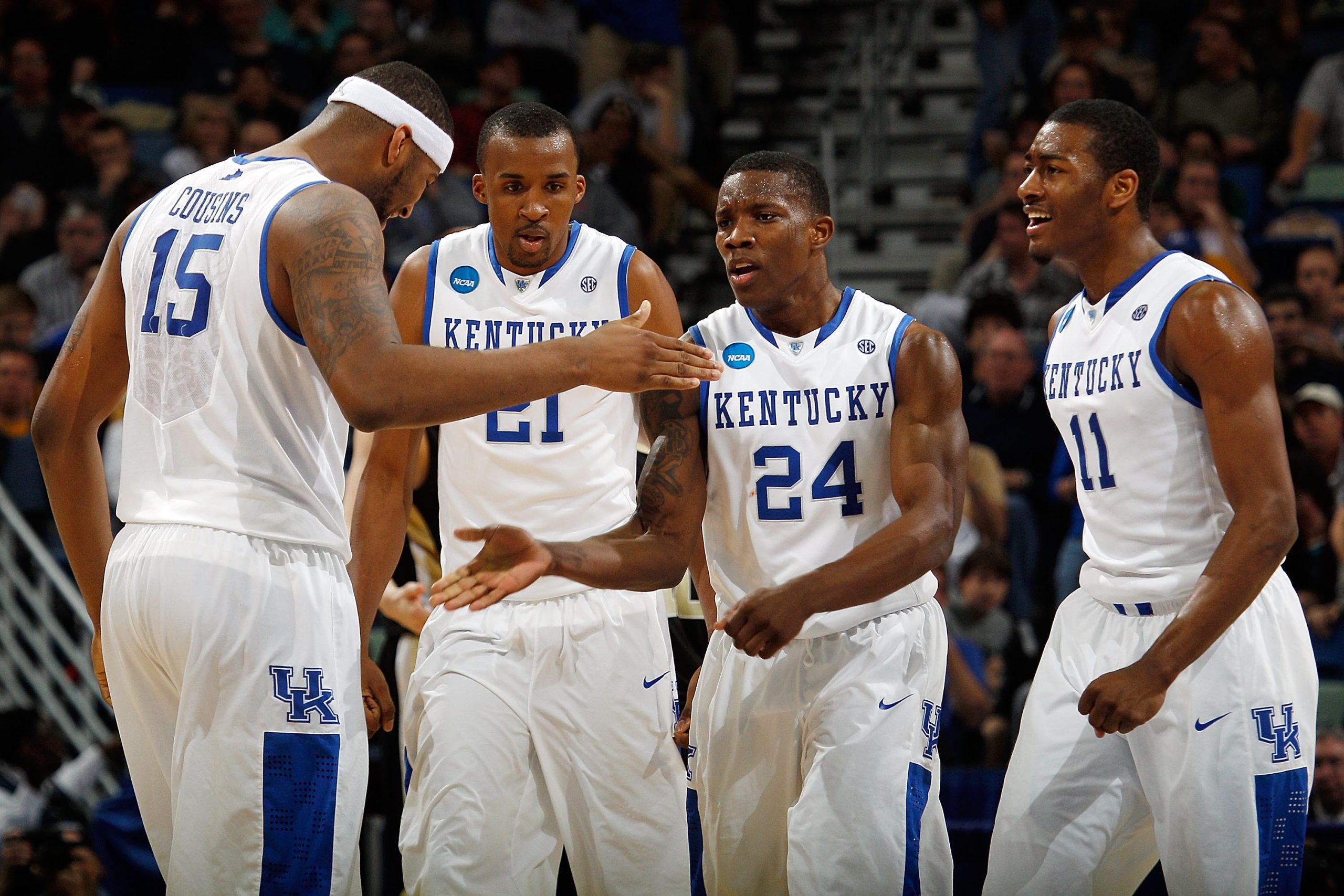
Despite not living up to the expectations they set on themselves, there’s not a single person who wouldn’t call their season a success. They finished the season 35-3, and Wall and Cousins added first-team All-American honors to their long list of accomplishments. They may not be remembered as national champions; there may not be a 2010 banner hanging at Rupp Arena; but this team revolutionized college basketball.
Five players (four of them freshmen) from this squad would enter the NBA Draft, and all five of them were drafted in the first round. Wall was selected No. 1, Cousins was selected No. 5, Patterson was selected No. 14, Bledsoe was chosen No. 18 and Orton went at No. 29. This 2010 Kentucky team, cultivated by Coach Cal, laid the foundation for the future of the sport; the ripple effect is still felt today over a decade later.
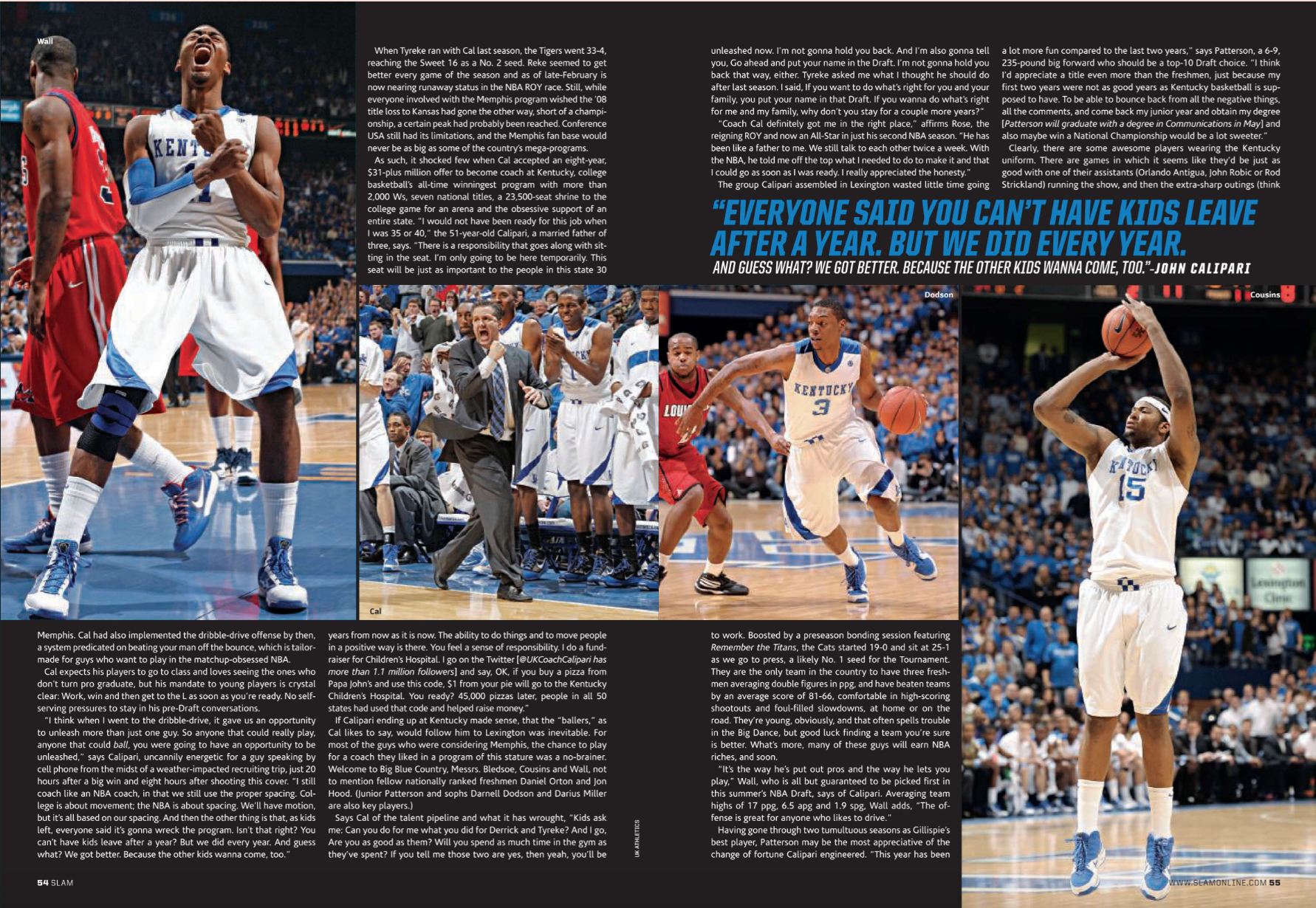
If you could only pick one college basketball team from the past 30 years to represent the present generation, both on the court and off, it’d be tough not to pick the 2010 Kentucky Wildcats.
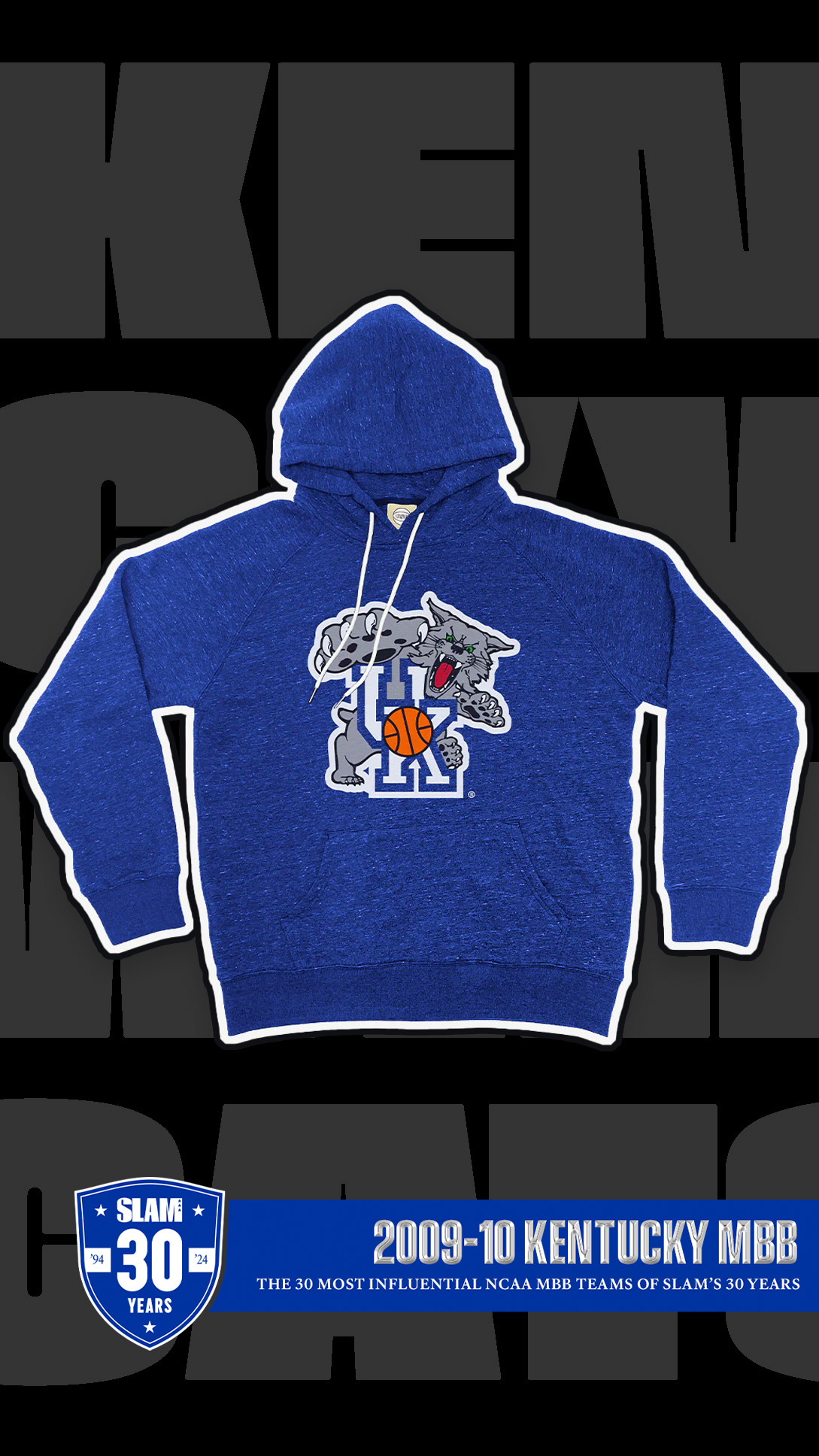
Photos via Getty Images.
The post The 30 Most Influential NCAA MBB Teams of SLAM’s 30 Years: ’10 Kentucky appeared first on SLAM.
